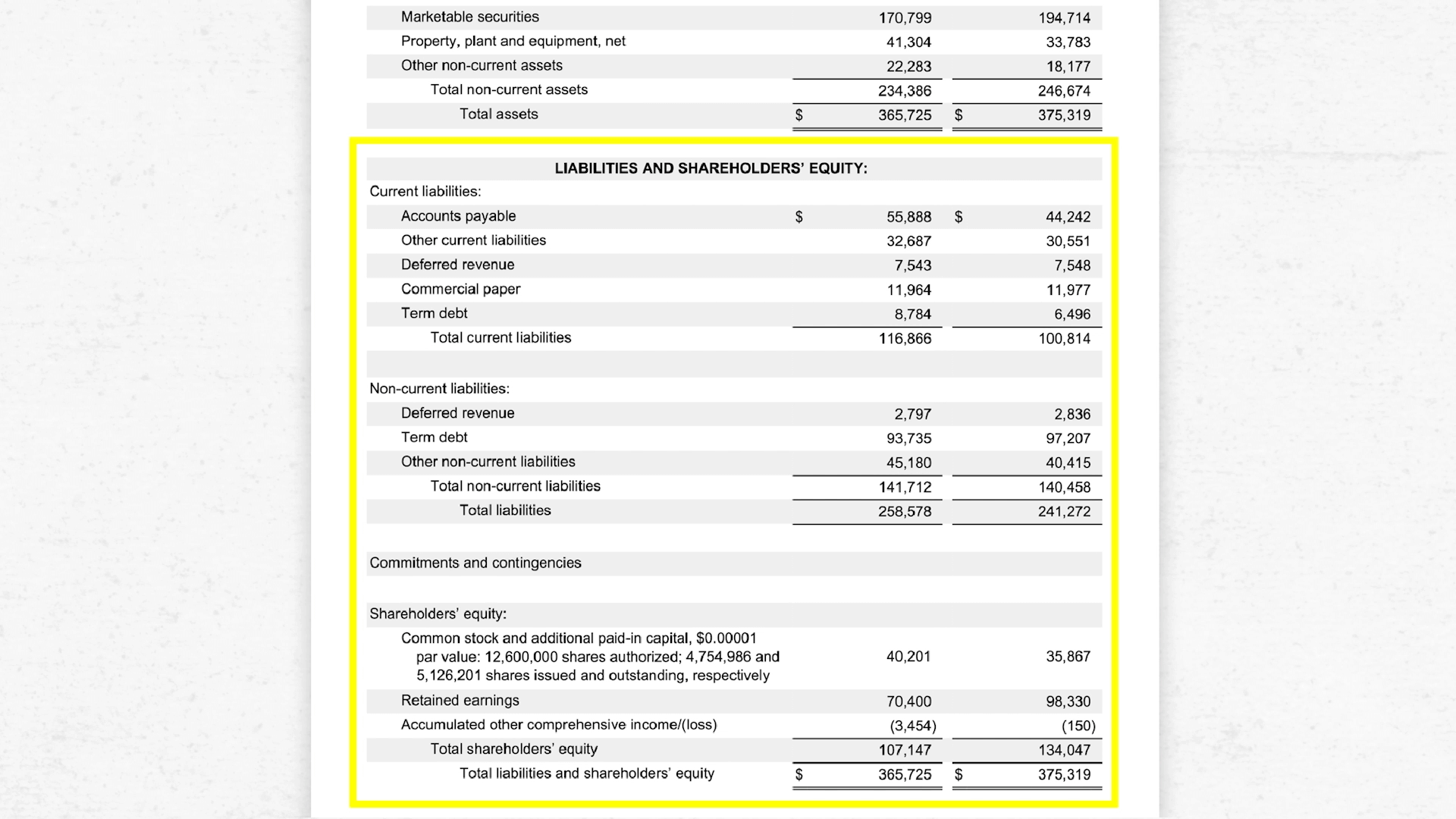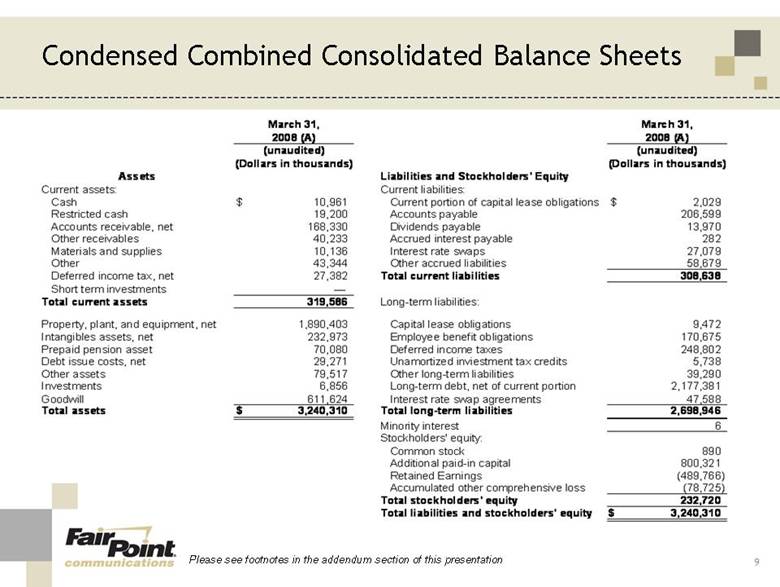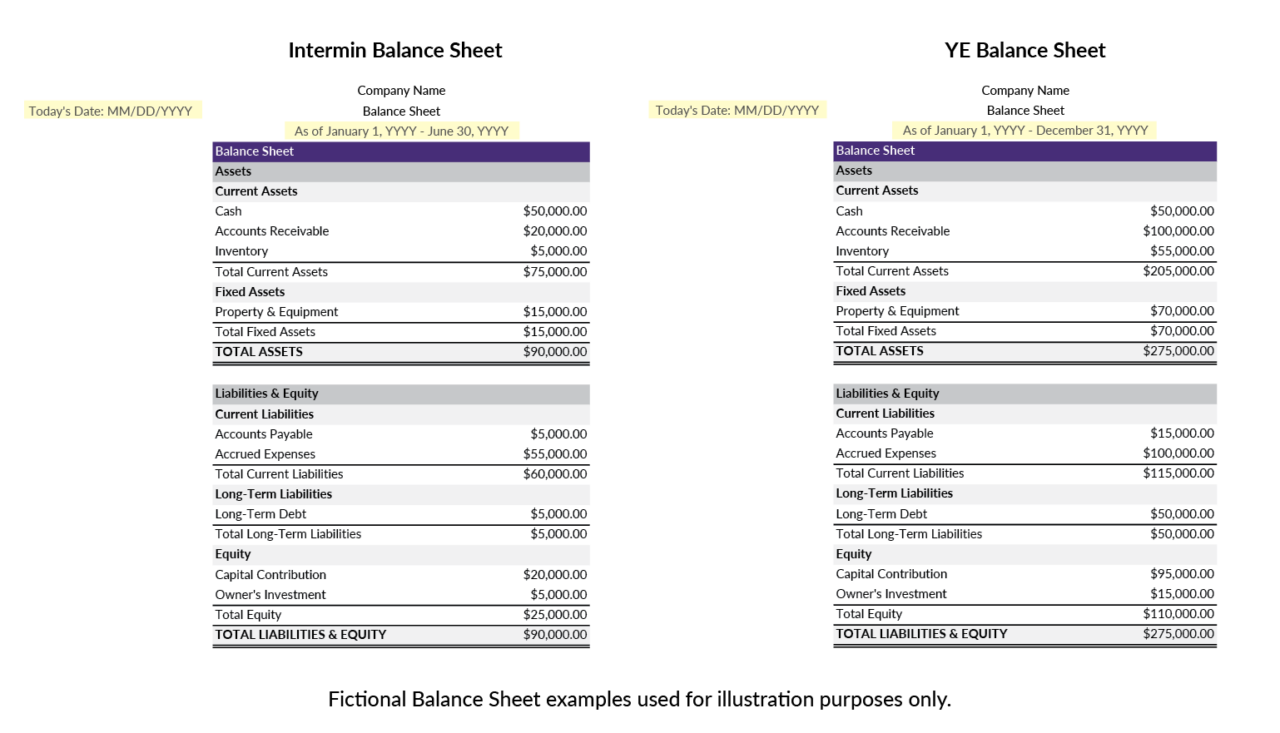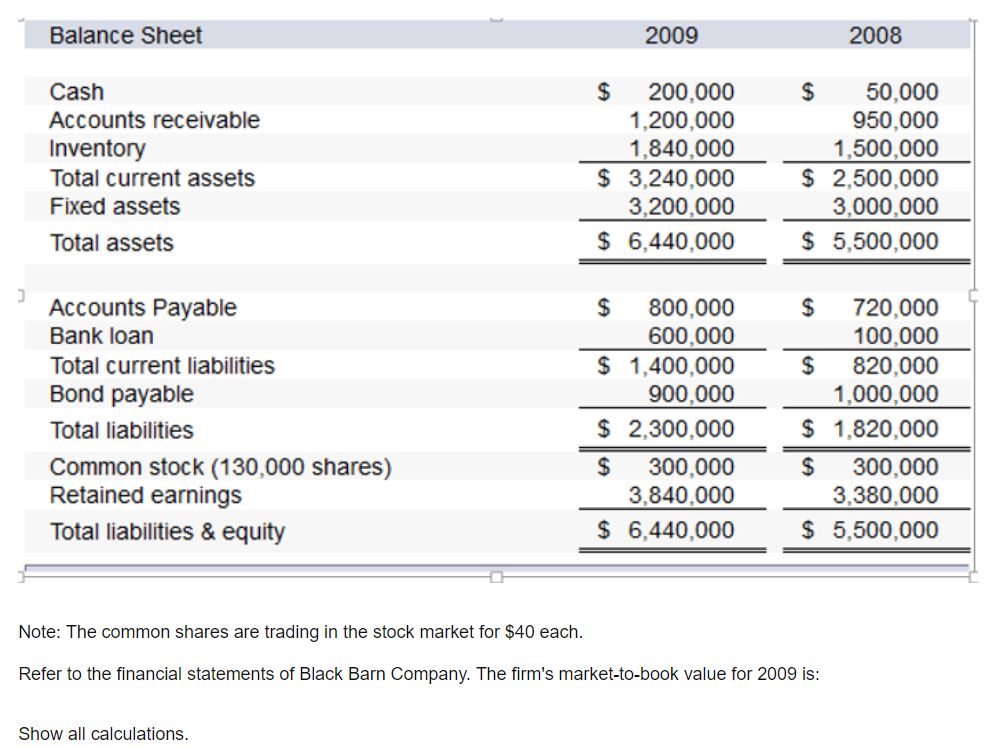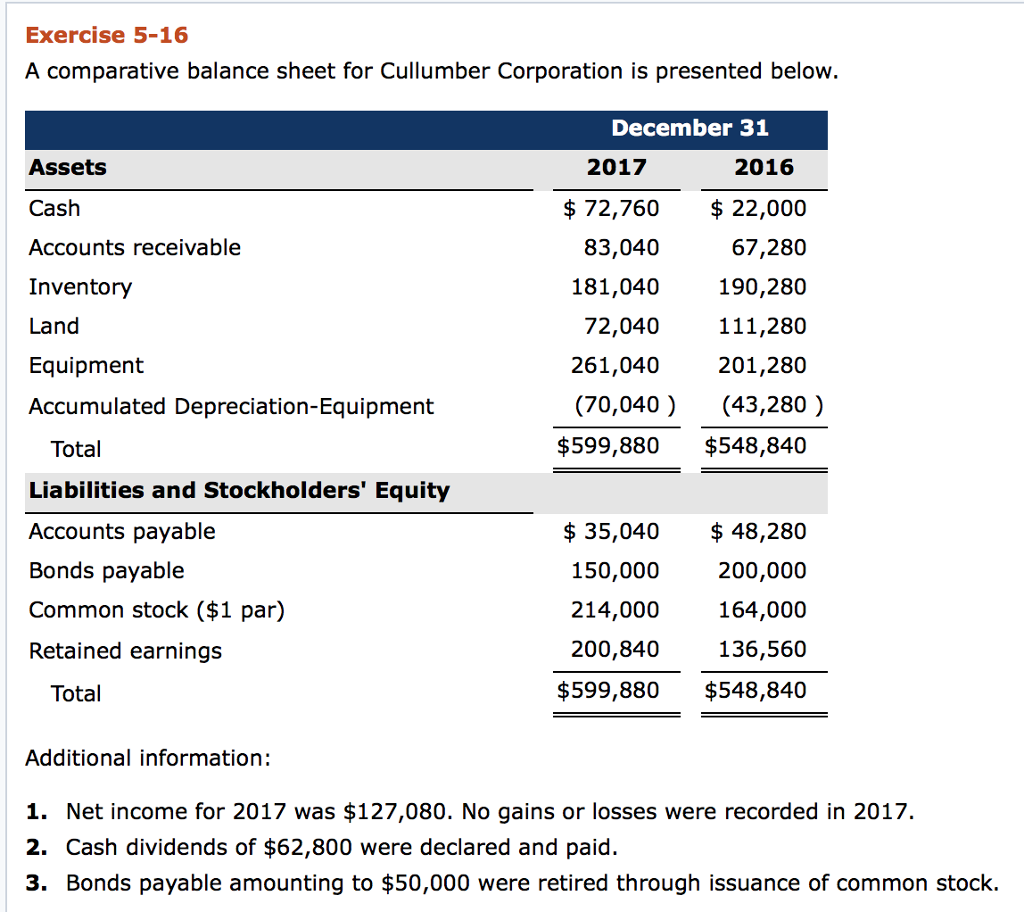Loan To Shareholder On Balance Sheet - The cash balance will increase on the balance sheet as the company receives it. The loan to the shareholder must be recorded in a separate account and provide clear disclosure. When you are dealing with shareholder loans, they should appear in the liability section of the balance sheet. These transactions significantly impact a company’s. Shareholder loans are a financial tool within corporations, enabling shareholders to inject or withdraw funds from the business. It is considered to be a liability. Your shareholder loan balance will appear on your balance sheet as either an asset or a liability. Loans to shareholders are not deductible for the corporation and, in fact, the corporation will recognize income to the extent the shareholders pay interest on the loans. It’s essential that this loan be paid back, if possible, by the. Shareholder loan on a balance sheet.
The loan to the shareholder must be recorded in a separate account and provide clear disclosure. It’s essential that this loan be paid back, if possible, by the. Your shareholder loan balance will appear on your balance sheet as either an asset or a liability. Shareholder loans are a financial tool within corporations, enabling shareholders to inject or withdraw funds from the business. The cash balance will increase on the balance sheet as the company receives it. It is considered to be a liability. Loans to shareholders are not deductible for the corporation and, in fact, the corporation will recognize income to the extent the shareholders pay interest on the loans. These transactions significantly impact a company’s. When you are dealing with shareholder loans, they should appear in the liability section of the balance sheet. Shareholder loan on a balance sheet.
When you are dealing with shareholder loans, they should appear in the liability section of the balance sheet. Shareholder loan on a balance sheet. Your shareholder loan balance will appear on your balance sheet as either an asset or a liability. The cash balance will increase on the balance sheet as the company receives it. Loans to shareholders are not deductible for the corporation and, in fact, the corporation will recognize income to the extent the shareholders pay interest on the loans. The loan to the shareholder must be recorded in a separate account and provide clear disclosure. It is considered to be a liability. Shareholder loans are a financial tool within corporations, enabling shareholders to inject or withdraw funds from the business. It’s essential that this loan be paid back, if possible, by the. These transactions significantly impact a company’s.
What Is a Balance Sheet? Complete Guide Pareto Labs
The loan to the shareholder must be recorded in a separate account and provide clear disclosure. Shareholder loans are a financial tool within corporations, enabling shareholders to inject or withdraw funds from the business. The cash balance will increase on the balance sheet as the company receives it. When you are dealing with shareholder loans, they should appear in the.
Where Do Shareholder Distributions Go On Balance Sheet Info Loans
The cash balance will increase on the balance sheet as the company receives it. It’s essential that this loan be paid back, if possible, by the. It is considered to be a liability. Loans to shareholders are not deductible for the corporation and, in fact, the corporation will recognize income to the extent the shareholders pay interest on the loans..
Tips for Preparing a Balance Sheet Lendistry
The loan to the shareholder must be recorded in a separate account and provide clear disclosure. When you are dealing with shareholder loans, they should appear in the liability section of the balance sheet. It is considered to be a liability. Loans to shareholders are not deductible for the corporation and, in fact, the corporation will recognize income to the.
How To Show A Loan On A Balance Sheet Info Loans
Your shareholder loan balance will appear on your balance sheet as either an asset or a liability. When you are dealing with shareholder loans, they should appear in the liability section of the balance sheet. The cash balance will increase on the balance sheet as the company receives it. Loans to shareholders are not deductible for the corporation and, in.
How To Show A Loan On A Balance Sheet Info Loans
Loans to shareholders are not deductible for the corporation and, in fact, the corporation will recognize income to the extent the shareholders pay interest on the loans. Your shareholder loan balance will appear on your balance sheet as either an asset or a liability. These transactions significantly impact a company’s. When you are dealing with shareholder loans, they should appear.
Project Finance Funding with Shareholder Loan and Capitalised Interest
It’s essential that this loan be paid back, if possible, by the. Shareholder loan on a balance sheet. Shareholder loans are a financial tool within corporations, enabling shareholders to inject or withdraw funds from the business. Your shareholder loan balance will appear on your balance sheet as either an asset or a liability. These transactions significantly impact a company’s.
Shareholder Loan Understand it and Avoid Trouble with the CRA Blog
Loans to shareholders are not deductible for the corporation and, in fact, the corporation will recognize income to the extent the shareholders pay interest on the loans. Shareholder loans are a financial tool within corporations, enabling shareholders to inject or withdraw funds from the business. The loan to the shareholder must be recorded in a separate account and provide clear.
Mastering The Statement Of Shareholder Equity A Comprehensive Guide
It is considered to be a liability. It’s essential that this loan be paid back, if possible, by the. Shareholder loan on a balance sheet. Shareholder loans are a financial tool within corporations, enabling shareholders to inject or withdraw funds from the business. These transactions significantly impact a company’s.
Shareholder Loan Understand it and Avoid Trouble with the CRA JPDO
Shareholder loans are a financial tool within corporations, enabling shareholders to inject or withdraw funds from the business. The cash balance will increase on the balance sheet as the company receives it. The loan to the shareholder must be recorded in a separate account and provide clear disclosure. These transactions significantly impact a company’s. Your shareholder loan balance will appear.
Where Do Shareholder Distributions Go On Balance Sheet Info Loans
Shareholder loans are a financial tool within corporations, enabling shareholders to inject or withdraw funds from the business. These transactions significantly impact a company’s. Loans to shareholders are not deductible for the corporation and, in fact, the corporation will recognize income to the extent the shareholders pay interest on the loans. The cash balance will increase on the balance sheet.
The Loan To The Shareholder Must Be Recorded In A Separate Account And Provide Clear Disclosure.
It’s essential that this loan be paid back, if possible, by the. The cash balance will increase on the balance sheet as the company receives it. These transactions significantly impact a company’s. Shareholder loan on a balance sheet.
When You Are Dealing With Shareholder Loans, They Should Appear In The Liability Section Of The Balance Sheet.
Shareholder loans are a financial tool within corporations, enabling shareholders to inject or withdraw funds from the business. Loans to shareholders are not deductible for the corporation and, in fact, the corporation will recognize income to the extent the shareholders pay interest on the loans. Your shareholder loan balance will appear on your balance sheet as either an asset or a liability. It is considered to be a liability.
